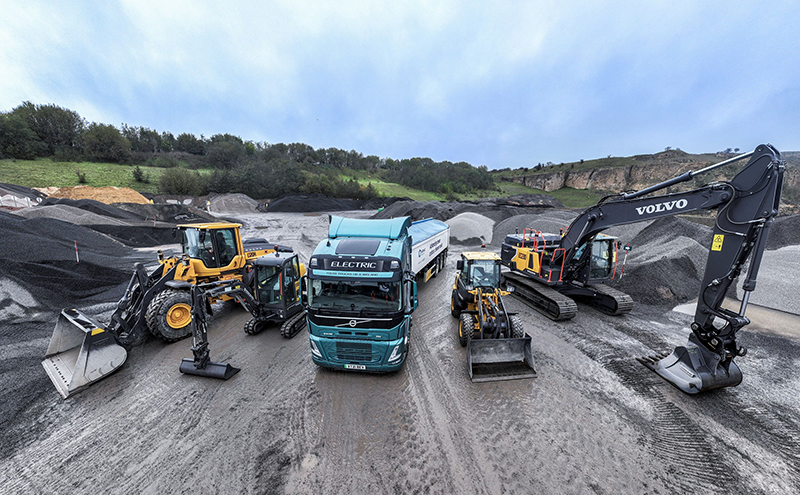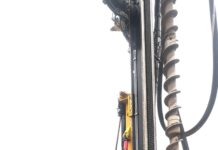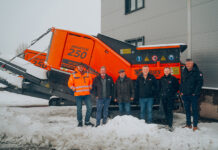
VOLVO Construction Equipment has signed a Memorandum of Understanding (MoU) with building materials solutions specialist CRH to explore decarbonisation opportunities in construction.
As part of the agreement, Volvo CE revealed it will take on responsibility for next generation technology deployment, the scaling up of ‘cutting-edge’ tech, and operational efficiency for the off-road segment.
While it is not yet confirmed which solutions will be included in the scope, it is likely to involve electrification and charging infrastructure to reduce transport emissions, productivity and sustainability services, and the deployment of low-carbon fuels.
Volvo CE already has a collaboration with CRH, resulting in the handover of North America’s first machine made using fossil free steel, a Volvo A30G articulated hauler.
The two companies also recently collaborated in a low carbon roads event, where CRH company Tarmac put to work three zero-emission Volvo CE machines on the maintenance of a highway in Durham, UK. The L120H Electric Conversion wheel loader, L25 Electric compact wheel loader and EC230 Electric excavator were tested over three separate days.
Melker Jernberg, president of Volvo CE, who will be leading the off-road aspect of the partnership, said, “Partnerships are key to accelerating decarbonisation and our collaboration with building materials solutions leader CRH will help both companies to achieve their net-zero ambitions. We move faster and create more impactful change when we work together.”
Eunice Heath, chief sustainability officer at CRH, added, “At CRH we’re innovating for a low-carbon future and with deep expertise in sustainable transport and infrastructure solutions. Volvo Group is a natural strategic partner for CRH and this collaboration is an important step in our shared commitment to decarbonising our businesses.”
Volvo CE is targeting 35% fully electric sales by 2030 and net zero greenhouse gas emissions across its entire value chain by 2040. CRH is targeting a 30% reduction in group-wide emissions by 2030 and to become a net-zero business by 2050.
Other Volvo Group businesses participating in the partnership include Renault Trucks, which has developed the first fully electric concrete mixer in the UK together with Tarmac, Volvo Trucks, which introduced the first Volvo FM electric truck in France on behalf of CRH company Eqiom, and Mack Trucks.











